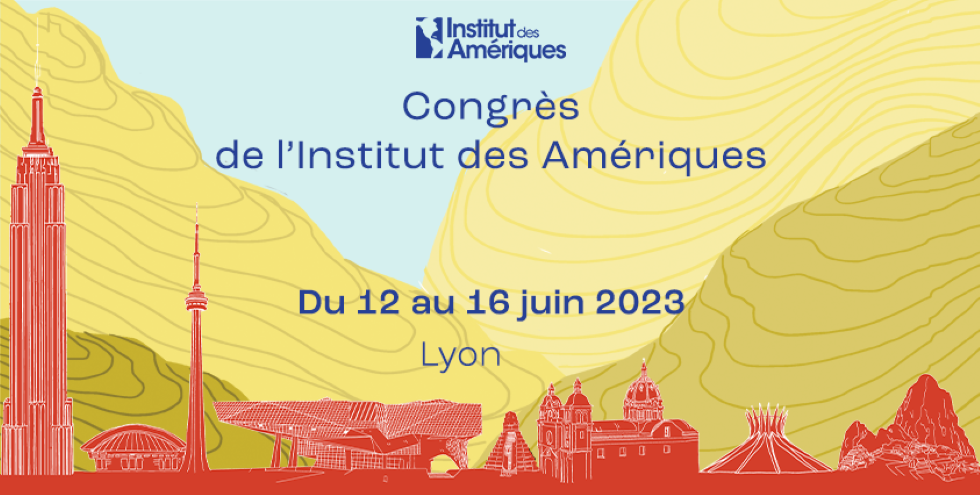
Round tables > What political economy tells us about socio-environmental conflicts' evolution and development trajectories in the AmericasEconomy round table Tuesday 13 June, 13:30 - 15:30 Palais Hirsch, Grand amphithéâtre Organization: Renaud Metereau (LADYSS - Université Paris Cité), Vinícius de Araújo (LADYSS - Université Paris Cité) and David Distelrath (LADYSS - Université Paris Cité) Speakers : Rebeca Gomez Betancourt (Université Lumière Lyon 2, Laboratoire Triangle), Liliana Cano (Université Sorbonne Paris Nord, CEPN), Guillaume Vallet (Université Grenoble Alpes, GREG) and Juan Barredo-Zurriarrain (Universidad del País Vasco, CREG) Presentation In the Americas, as in most of the world, we are witnessing a period of increasing inequality and the affirmation of economic, social and ecological tensions and uncertainties. At the same time, this period is marked by a remarkable stability of social relations of production as they unfold in "modern" capitalist economies. Despite the crises and shocks, these last few years have not yet led to a "post-world" that is very different from what it was "before". Economic analysis, and in particular heterodox political economy, which is very open to other social sciences, has developed approaches and theories that enable it to grasp the complexity of socio-economic and ecological dynamics. A central characteristic of these approaches is to grasp the agonistic dimension of economic relations, at different scales and taking into account their multiple embeddings - social, cultural, ecological. This conflictuality is expressed as much in the sphere of action (in the implementation of forms of organization and regulation of capitalist economies) as in the sphere of ideas (in the way in which we represent the economy, its internal mechanisms and its interactions with other spheres of social life 1. Explain the "ways of understanding and doing" of the economy and how this conditions the delimitation of research objects and fields of study in the Americas. 2. To pose the challenge of the conflictuality of socio-economic, ecological and political relations from a variety of research objects and fields. We will question the way in which the power relations that orient social life and the economy in the Americas are materialized from different perspectives. 3. To pose the challenge of the articulation of the different scales of conflict and deployment of development "models". 4. To raise the question of the role of academics and in particular economists in the emergence and development of "margins" (alternative models of organization and development that materialize on the margins of the dominant modes of regulation). |

